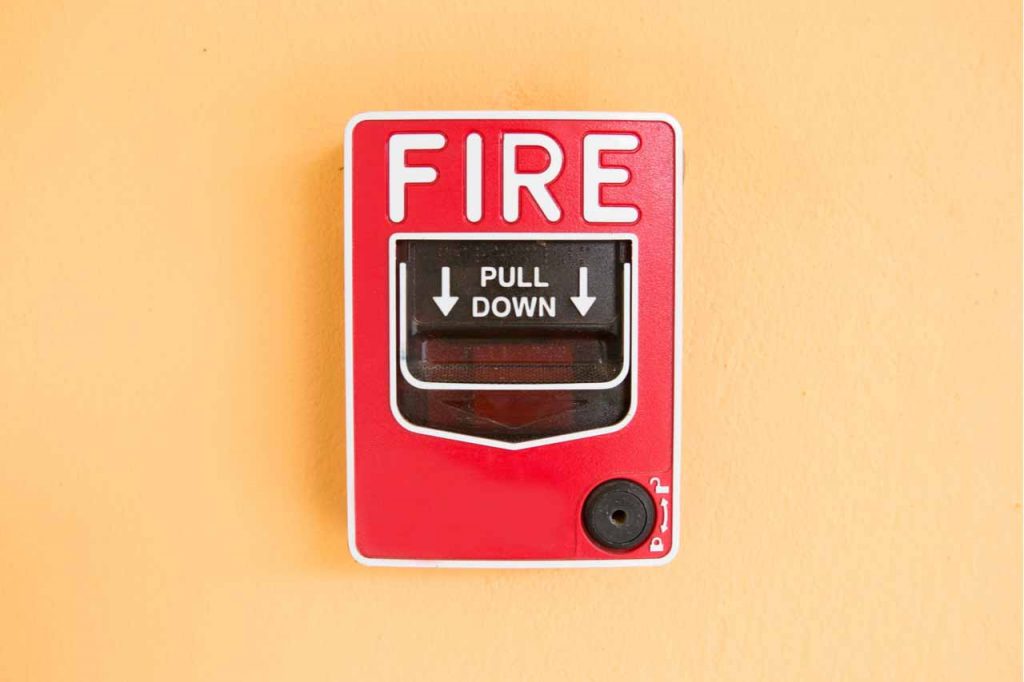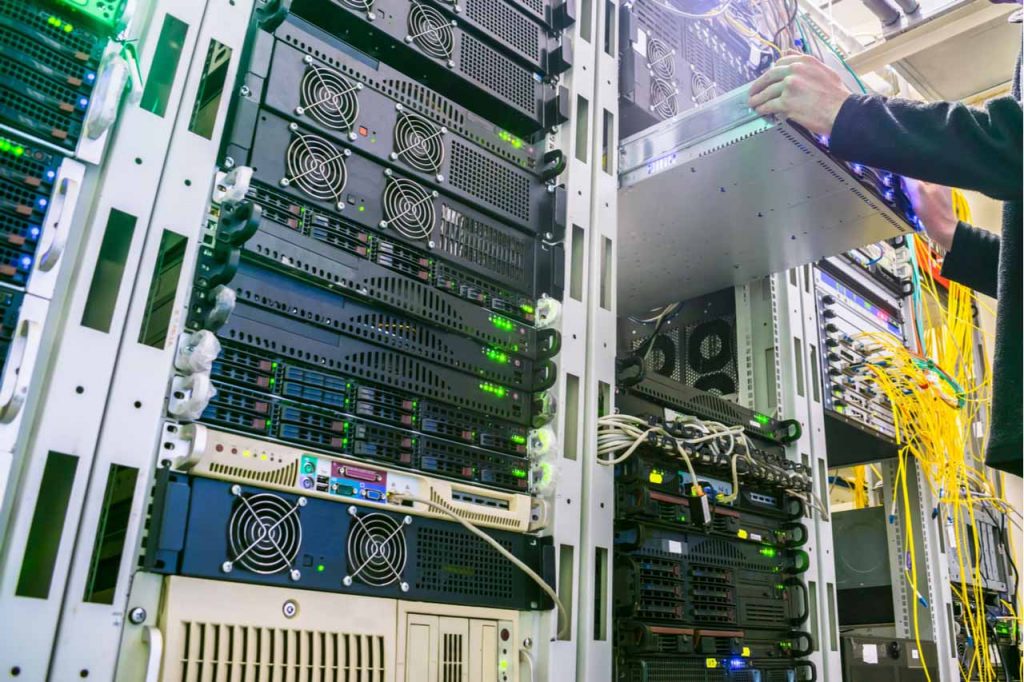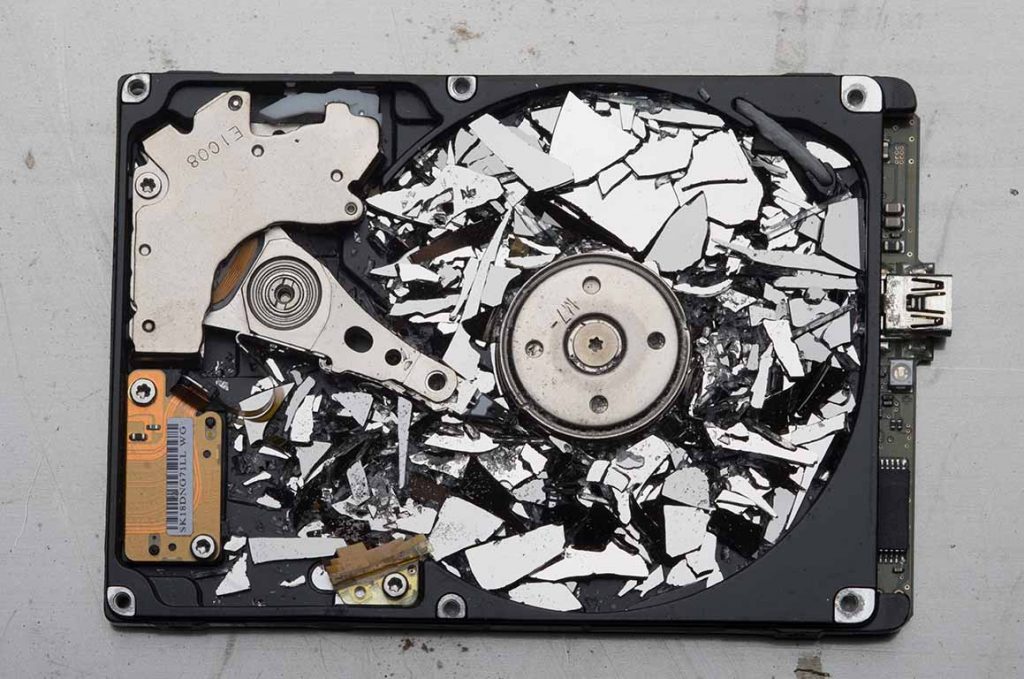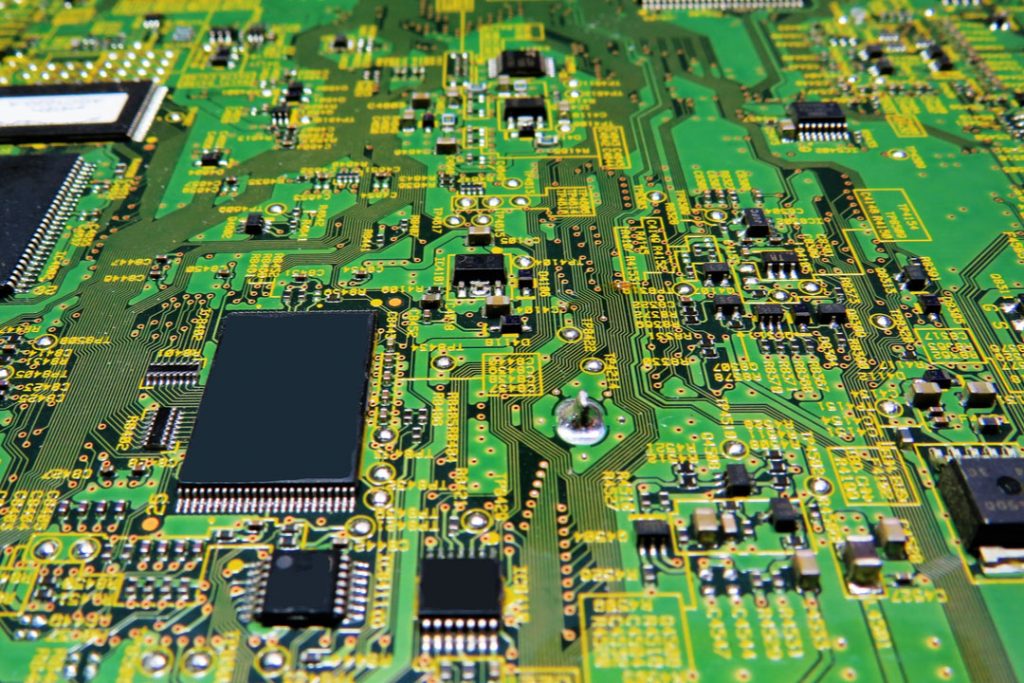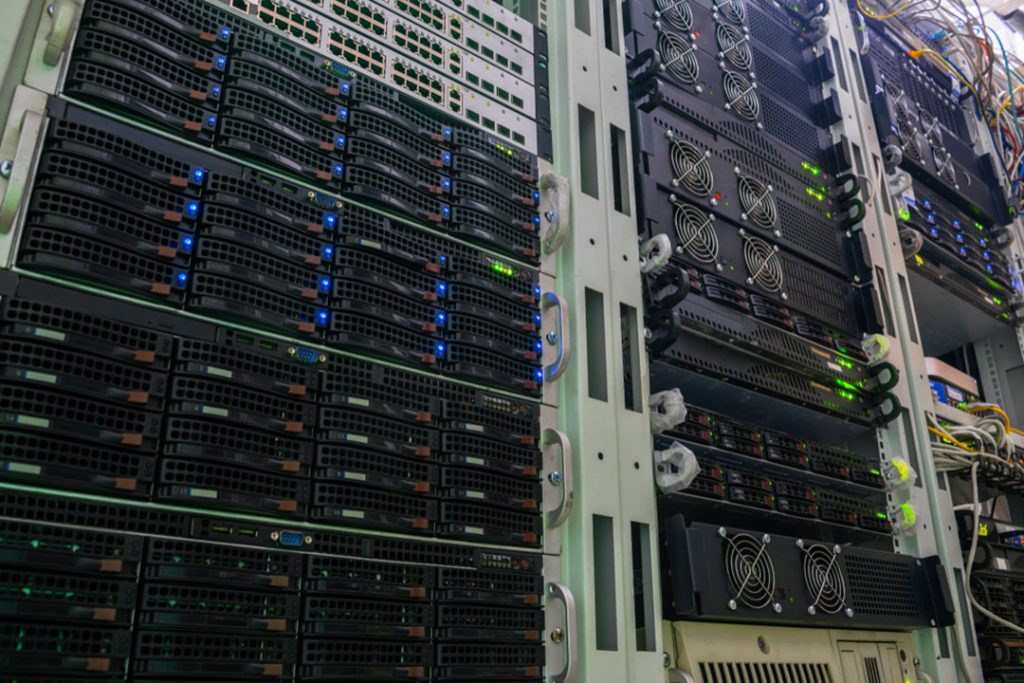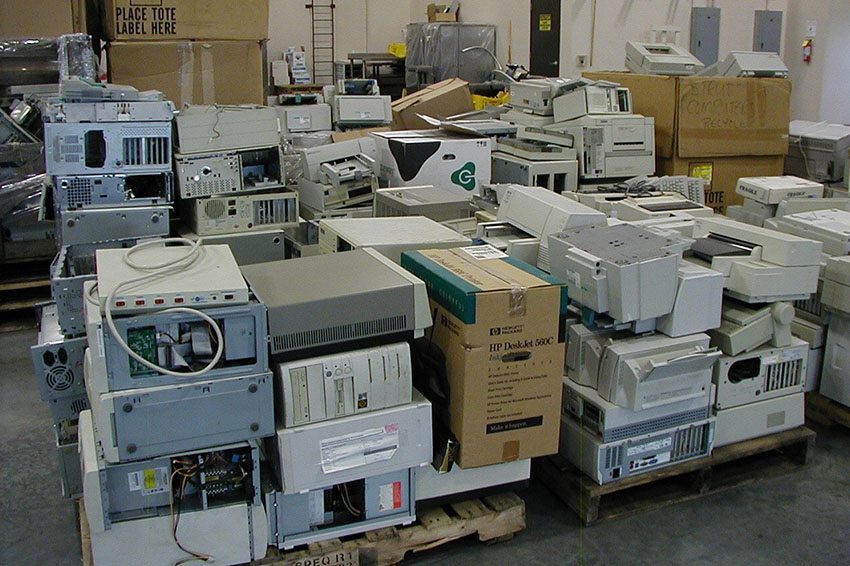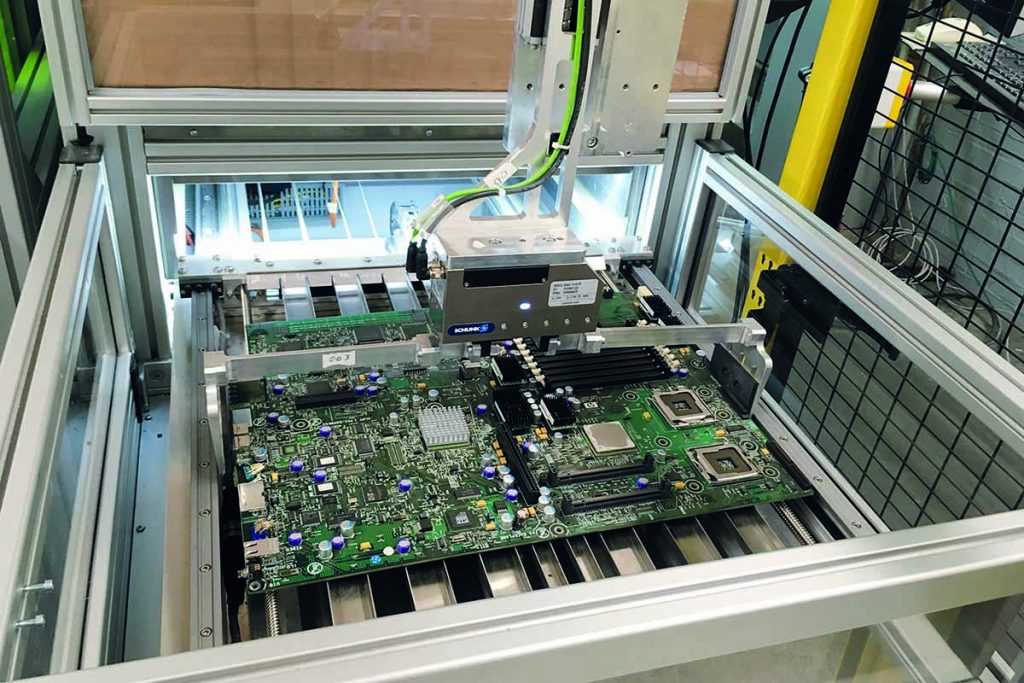
The research project focused on recovering cobalt, tantalum, neodymium, tungsten and gallium, materials that were chosen due to their relative scarcity and cost. | Courtesy of the Fraunhofer Institute for Laser Technology.
A four-year research project has developed an automated system that uses lasers to identify and remove components while dismantling electronics.


